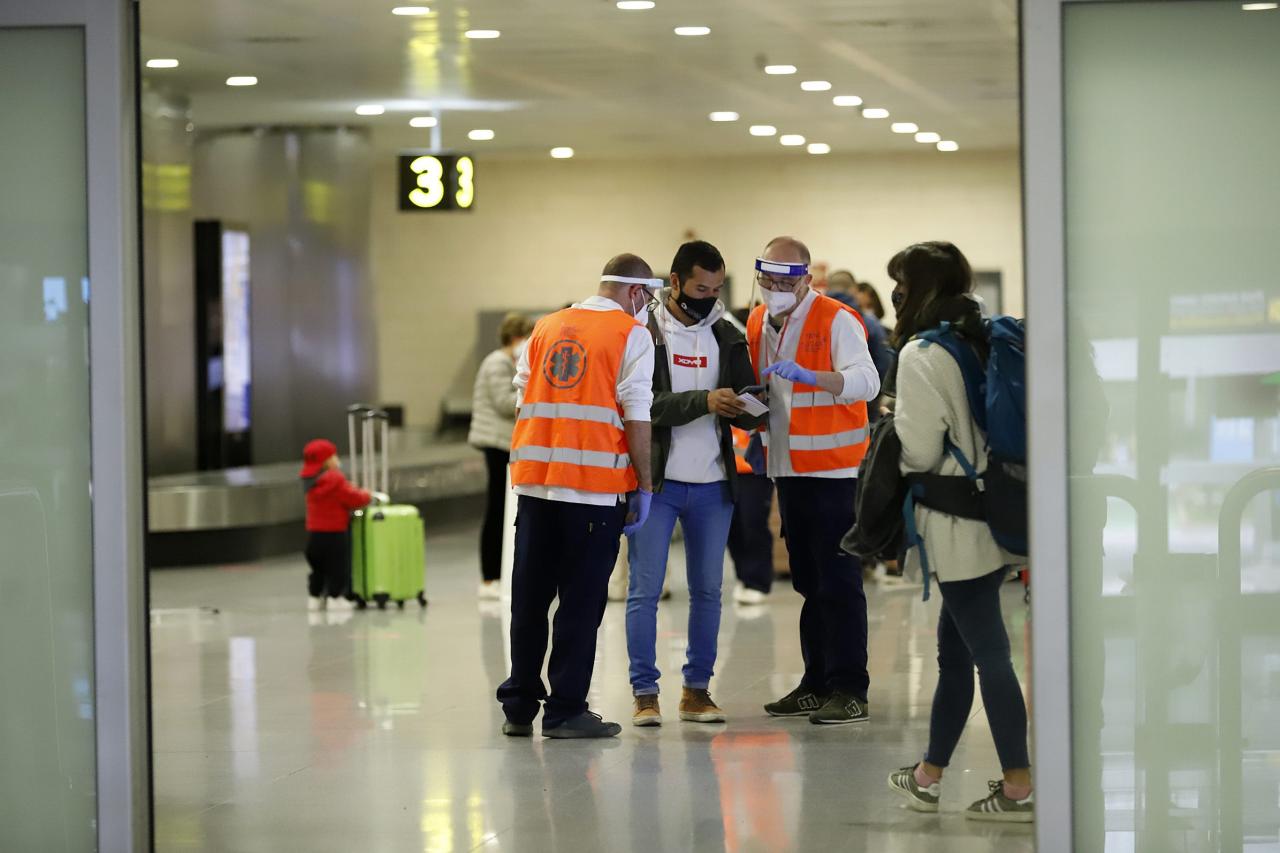
One wonders if Covid travel passports are being used to win over the doubters. | Gemma Andreu
Palma10/06/2021 11:26
This week Balearic government sources said that one of the reasons for the Balearics posting some of the lowest Covid vaccinations figures in Spain is because a sizable percentage of the population does not believe in the vaccine. Combine that with the fact that the delivery of the vaccines to the Balearics has been slower than expected, then we have the reason for the poor roll out.

3 comments
To be able to write a comment, you have to be registered and logged in
I was long in doubt about having the vaccine. Not that I doubt the vaccine, but why would I have them, as I am perfectly healthy and OK. I have never taken of flu jab either. But I took both shots, mainly as I travel a LOT and I saw this one coming. Steve Riches: excellent point you make.
When you wish to travel to some countries you MUST have vaccinaions for Cholera, Typhoid, Poluo, MMR, Japeanese encepholitis etc. SO WHY is Covid any different?
Good news on the Covid passport, I had my vaccination on Tuesday, but I can't find anything on how to get one?